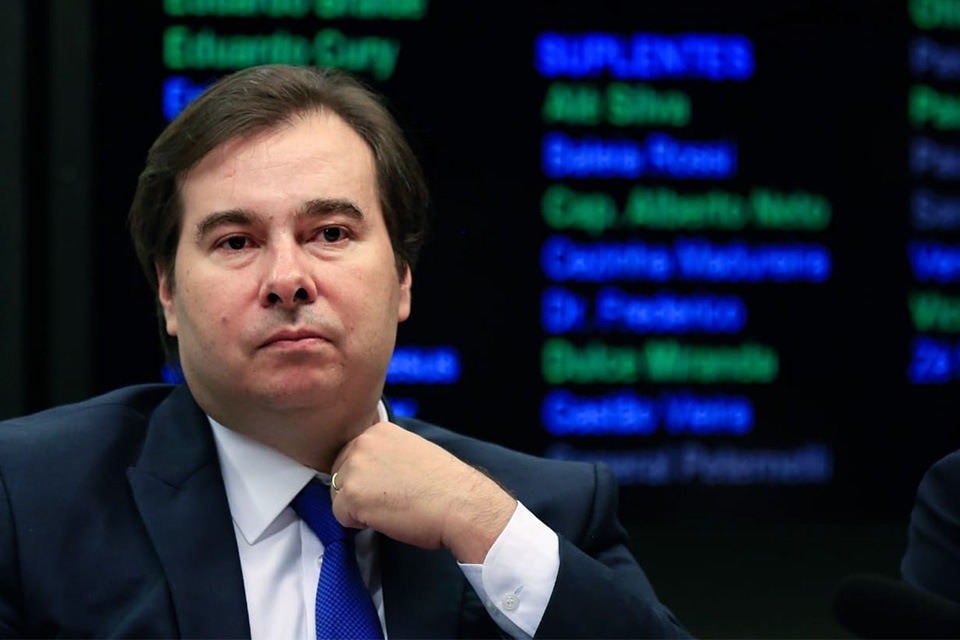RIO DE JANEIRO, BRAZIL – One day after the Chamber of Deputies passed a bill to rescue states and municipalities during the coronavirus crisis, the federal government is working to establish an alternative plan of its choice to grant aid to governors and mayors.

Despite the changes to the text discussed last week, the final version of the substitute submitted by the rapporteur, Deputy Pedro Paulo, displeased members of the government’s economic team – although it won the affection of the vast majority of party leaders.
The bill, approved by 431 votes to 70 by legislators, establishes federal government aid to states and municipalities in remediation of the drop in revenue from ICMS (tax on commerce and services) and ISS (Municipal Service Tax) between April and September this year, due to the impacts caused by the Covid-19 pandemic.
In practice, this is a kind of “insurance” for governors and mayors, providing conditions for continued provision of services deemed essential to the population. According to the president of the Chamber of Deputies, Rodrigo Maia, advocate of the text, there will be a drop in revenue of between 30 and 40 percent for states and municipalities during the crisis.
The financial aid provided by the Federal Government will correspond to the nominal difference, if negative, between the collection of the two taxes of each federal and municipal unit in the months of April, May, June, July, August, and September.
The text also authorizes the Caixa Econômica Federal (Federal Savings Bank) and the BNDES (National Bank for Economic and Social Development) to negotiate the suspension of loan payments due by states and municipalities. According to the rapporteur’s estimates, the total tax impact of the measures is R$89.6 billion (US$18 billion).
Members of the economic team disagree with the figure and say the impact of the project is difficult to estimate, since it could encourage poor fiscal management by mayors and governors.
In this reasoning, they argue that it would make sense to uphold tax exemptions and a lenient inspection with tax evasion during the term of the measure, since any loss of tax collection would be offset by the Federal Government.
In their opinion, the best solution would be to ensure a fixed transfer to the local government entities, which could provide greater predictability on the impacts of the measure and would not generate unwanted incentives.
According to simulations submitted by the special advisor to the Ministry of Economy, Esteves Colnago, if revenues from ICMS and ISS drop by an average of 30 percent, the federal on-lending could be R$85.5 billion. But should there be a 50 percent drop, the compensation would increase to R$142.5 billion, for instance.
In addition, the six-month period set by the approved version of the text is deemed excessively long by experts, who claim that the measures announced by the government have had a three-month effect.
Despite the points of divergence, the economic team praised adjustments made to the text, which excluded points such as the option of contracting additional credit of up to eight percent of net current revenue by states.
In their judgment, the measure could dramatically worsen the fiscal position of governments and still discourage adherence to the so-called “Mansueto Plan” (which requires compliance with certain fiscal measures in exchange for financial relief) in a post-crisis moment.
On one side, members of the economic team are trying to persuade senators that adjustments to the text are required, which aims to offset governors and mayors’ tax losses in a context of the need for resources to tackle the disease and its public health, social and economic impacts.
On Tuesday, April 14th, the government announced a package of R$127.7 billion in aid to states and municipalities. The resources include an aid of R$40 billion in coping with the crisis; a relief of R$37.7 billion with the suspension of state debts with the Federal Government – which has already been decided by the Supreme Court (STF) – and with public banks; in addition to R$49.9 billion in measures already announced.
The proposal was introduced at a press conference at the Planalto Palace by the special secretary of the Treasury, Waldery Rodrigues. The plan had previously been discussed with leaders in the Chamber of Deputies, but there were differences over the rules for the distribution of resources.
The government argued that, of the R$40 billion, a slice of R$22.5 billion would be resources for governors and mayors to spend freely, divided by each state and municipality according to population.
There are still questions over the best strategy – whether to coordinate the package directly with the senators or to introduce it as a Provisional Measure (for transfers) that would be effective immediately, coupled with a bill (for the suspension of debts) that would require some time before becoming a statute.
Source: InfoMoney

